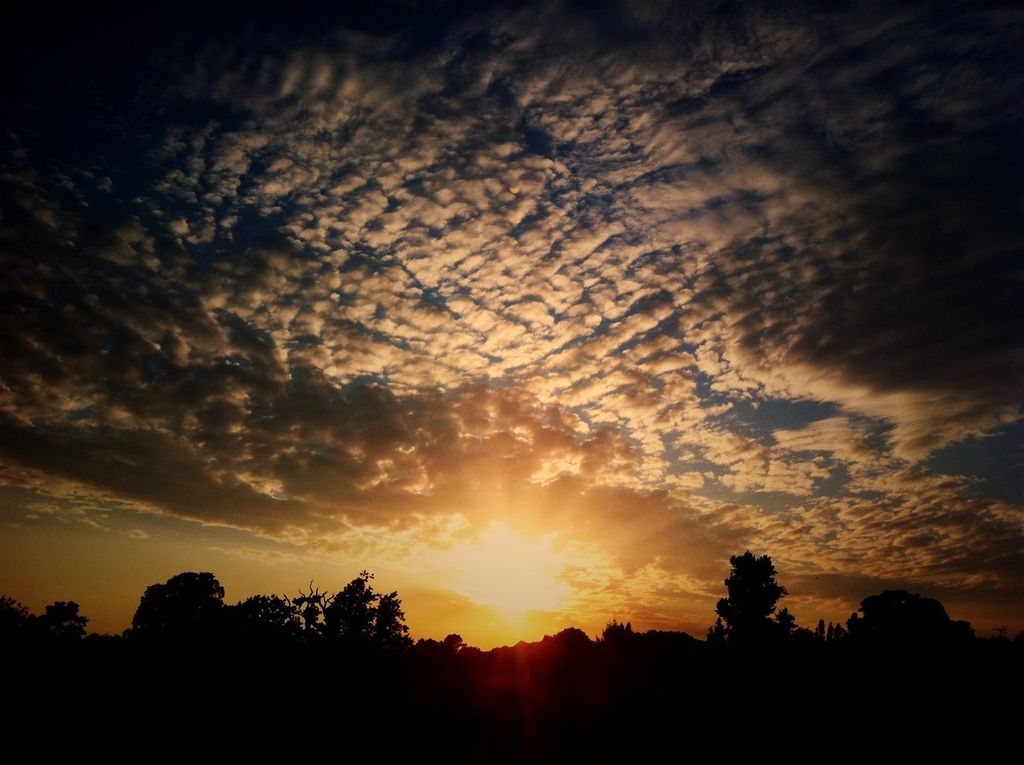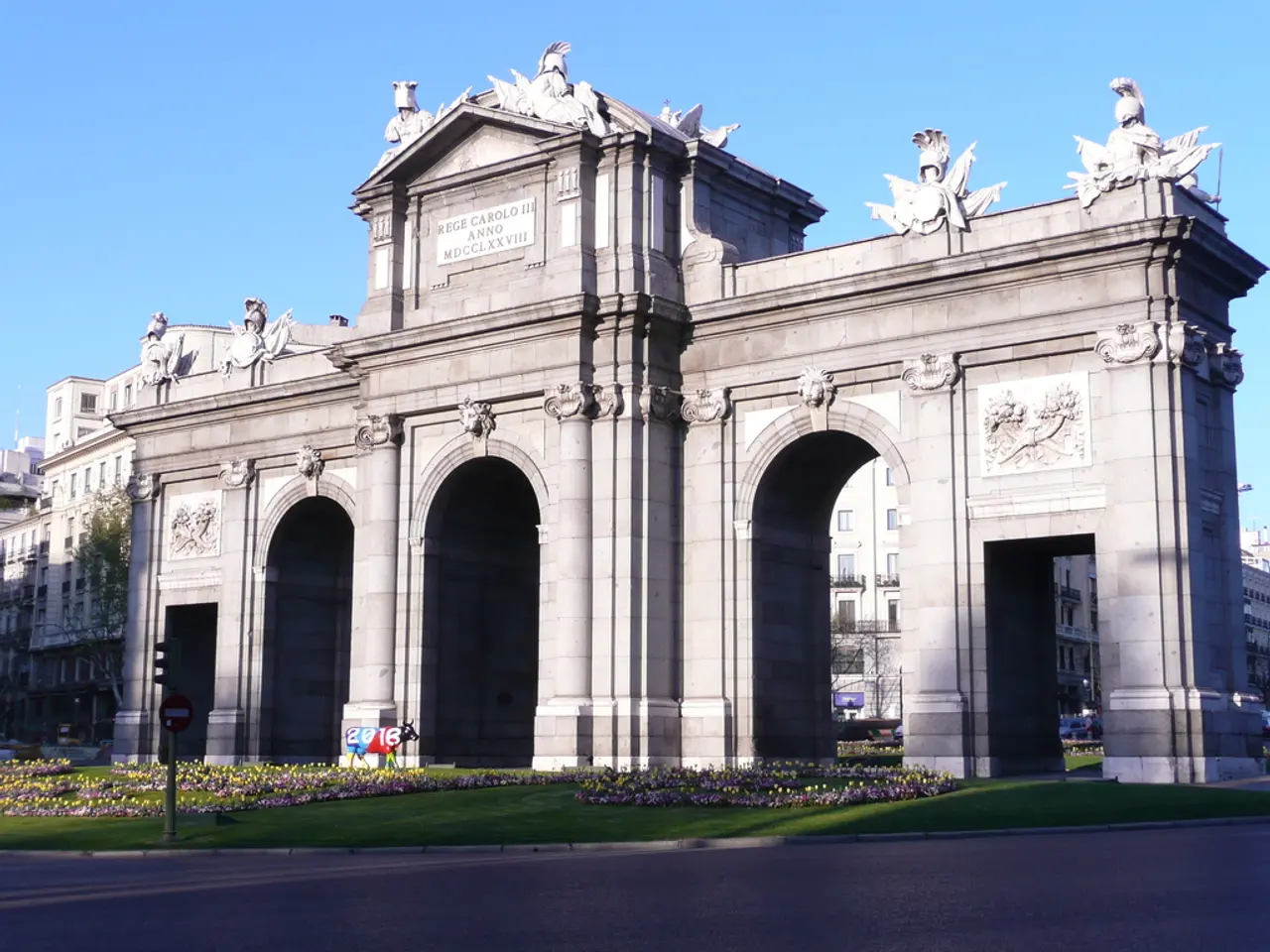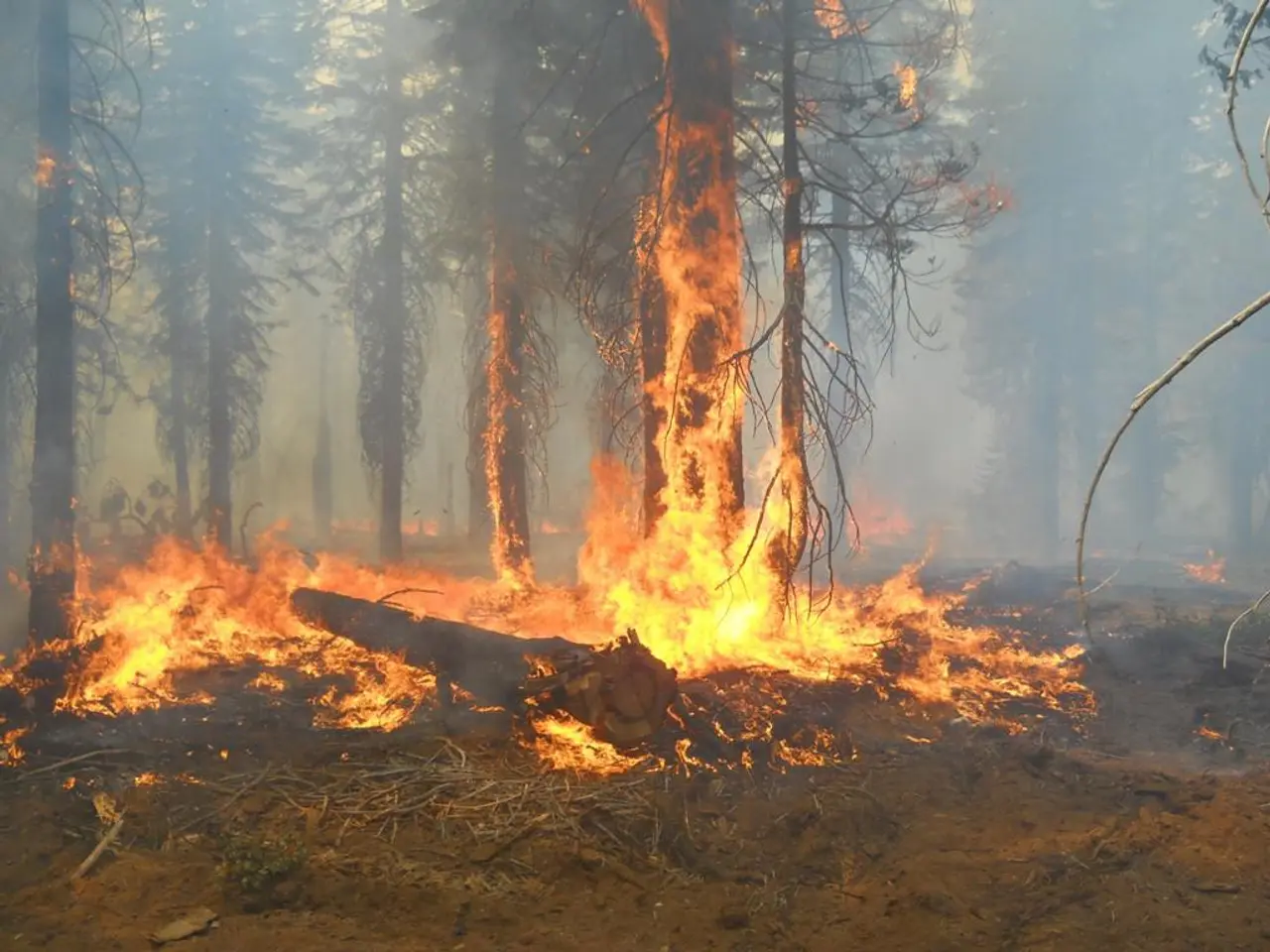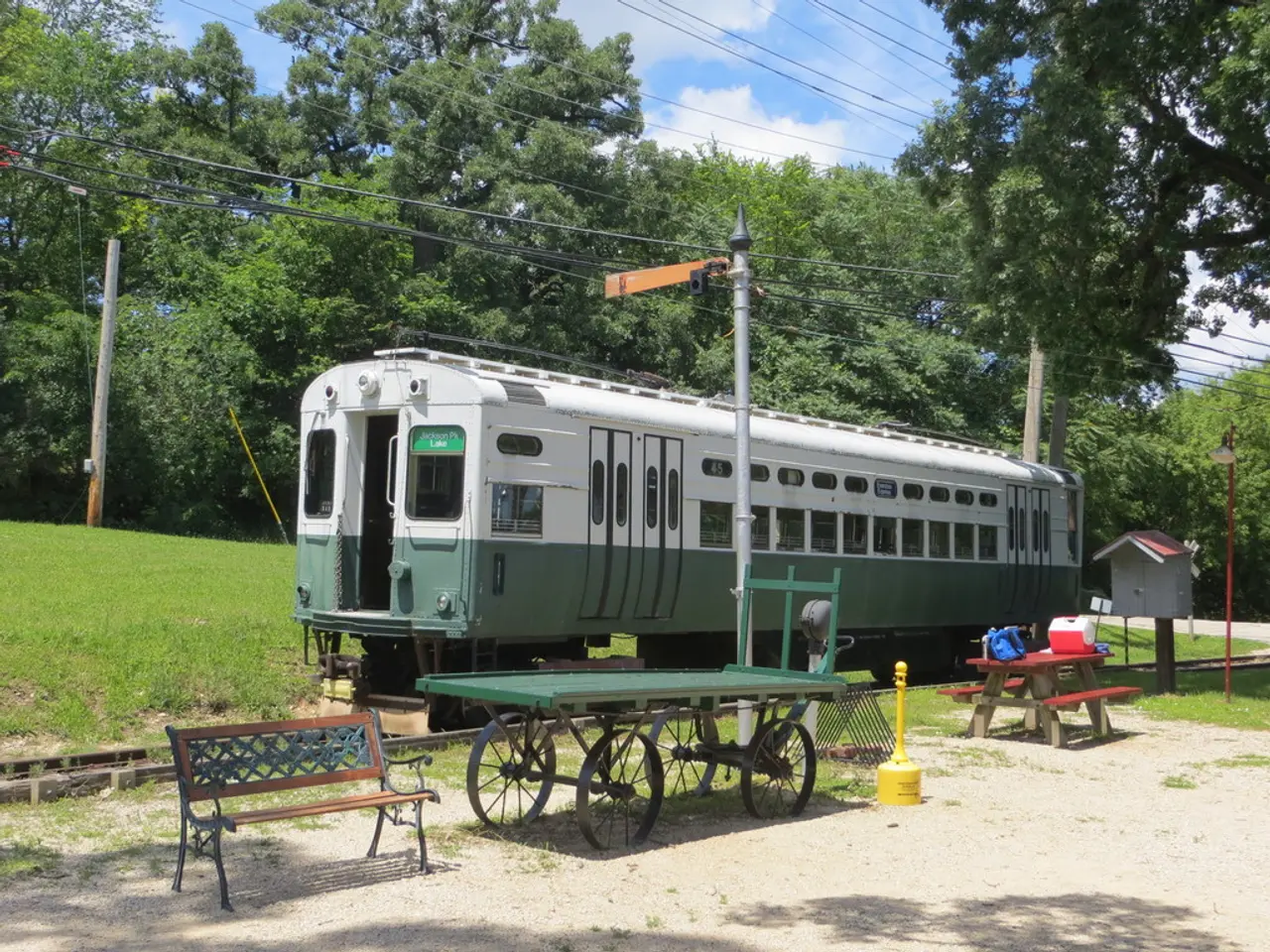Impressive Scientific Fiction Novels Exploring Different Tomorrows
BEST SCI-FI READS: UNLEASH YOUR CURIOSITY AND CHALLENGE REALITY
Are you captivated by the unknown? Crave stories that probe our future, test our morals, and challenge societal norms? Then buckle up, because we have ten mind-bending science fiction masterpieces that will make you question everything.
- The Man in the High Castle by Philip K. Dick
Discover a reality where the Axis powers won WWII. The United States is divided between Imperial Japan and Nazi Germany. By navigating through oppressive regimes, black-market goods, underground resistance, and a banned novel that challenges the status quo, you'll experience the power of storytelling to defy accepted narratives.
- The Gate to Women's Country by Sheri S. Tepper
Travel centuries after a nuclear war to a matriarchal society confined within city walls. Men inhabit militaristic camps beyond. As characters question the enforced separation of genders and uncover truths about their world's origins, you'll ponder control, cultural memory, and the consequences of utopian design.
- The Windup Girl by Paolo Bacigalupi
Plunge into a future Thailand ravaged by plagues and rising waters where calorie companies rule, and genetically modified laborers fight for freedom. Corruption, environmental collapse, and human resilience converge in this gripping narrative about the potential consequences of biotechnology and climate change.
- Oryx and Crake by Margaret Atwood
Experience humanity's downfall in the aftermath of a catastrophic pandemic, driven by reckless genetic experiments. flashbacks revealing the roles of enigmatic Crake and exploited Oryx in shaping the post-human world inspire contemplation of genetic engineering, corporate overreach, and the fragile boundary between creator and creation.
- Parable of the Sower by Octavia E. Butler
Join teenager Lauren Olamina as she navigates a near-future America beset by climate collapse, economic disparity, and social unrest. Her development of a new belief system, Earthseed, and quest to build a resilient community resonate with contemporary concerns about resilience and shared values.
- The Children of Men by P.D. James
Step into 2021, where humanity faces extinction as no children have been born for two decades. Government forces maintain order amid despair, but an unexpected pregnancy sparks hope. This haunting exploration of infertility, authoritarianism, and moral choices sheds light on fragile human continuity and political decisions.
- Never Let Me Go by Kazuo Ishiguro
Marvel at a thought-provoking tale where students Kathy, Tommy, and Ruth forge bonds at an English boarding school, unaware of their fate as organ donors for the wider world. As truths emerge, they confront the moral weight of engineered existence. Ishiguro's prose underscores the emotional resonance of a society that normalizes exploitation.
- The Road by Cormac McCarthy
Venture into a bleak post-apocalyptic landscape with a father and son who traverse burning forests and abandoned towns in search of sustenance. Their journey and moral choices show how love persists amid despair, prompting reflection on personal responsibility when civilization falls away.
- The Years of Rice and Salt by Kim Stanley Robinson
Embark on a grand exploration reimagining history after the Black Death wiped out 99% of Europe's population. Set mainly in a world dominated by Asian and Islamic cultures, this intricate narrative explores power dynamics and philosophical debates shaping evolving societies.
- The Handmaid's Tale by Margaret Atwood
Tread cautiously through Gilead, a theocratic United States, where fertile women are forced into childbearing servitude. Offred, assigned to a high-ranking officer, struggles to preserve her identity and memories. Atwood's depiction of authoritarian control and gender oppression echoes as a cautionary tale of eroded rights and moral complexity.
These ten novels present unique and captivating worlds that allow readers to explore alternate histories, reimagined societies, and technological marvels. By contemplating these imaginative realities, we gain insight into current challenges and consider the paths our societies may choose.
Tags
Apocalyptic
Authoritarianism
Bioethics
Dystopia
Futurism
Human nature
Identity
PhiloSci-fi
Post-apocalyptic
Sci-Fi Themes
Social commentary
Speculative Fiction
Technology
Time Travel
Utopias
War
[Footnotes]
[1] "The Man in the High Castle (novel) - Wikipedia" https://en.wikipedia.org/wiki/The_Man_in_the_High_Castle (accessed July 31, 2022).
[2] "Brave New World - Wikipedia" https://en.wikipedia.org/wiki/Brave_New_World (accessed July 31, 2022).
[3] "The 1632 Series - Wikipedia" https://en.wikipedia.org/wiki/The_1632_Series (accessed July 31, 2022).
[4] "District 9 - Wikipedia" https://en.wikipedia.org/wiki/District_9 (accessed July 31, 2022).
[5] "Arrival (film) - Wikipedia" https://en.wikipedia.org/wiki/Arrival(film) (accessed July 31, 2022)._
[6] "Doctor Who - Wikipedia" https://en.wikipedia.org/wiki/Doctor_Who (accessed July 31, 2022).
[7] "The End of Eternity - Wikipedia" https://en.wikipedia.org/wiki/The_End_of_Eternity (accessed July 31, 2022).
[8] "Back to the Future – Wikipedia" https://en.wikipedia.org/wiki/Back_to_the_Future (accessed July 31, 2022).
[9] "The Time Machine (Novel) - Wikipedia" https://en.wikipedia.org/wiki/The_Time_Machine (accessed July 31, 2022).
[10] "Black Mirror (TV series) - Wikipedia" https://en.wikipedia.org/wiki/Black_Mirror (accessed July 31, 2022). (accessed July 31, 2022).
- Environmental science and science fiction often intersect in novels like The Windup Girl, Oryx and Crake, and Parable of the Sower, which explore the consequences of climate change, biotechnology, and environmental collapse on society.
- Books such as The Man in the High Castle, The Gate to Women's Country, and The Children of Men transcend the realms of entertainment, engaging readers in discussions about science, authoриtarianism, war, social commentary, and time travel.
- The Handmaid's Tale and Never Let Me Go examine societal norms and human nature through the lens of dystopian worlds, provoking thoughts on identity and the complexities of environmental-science issues within those contexts.







